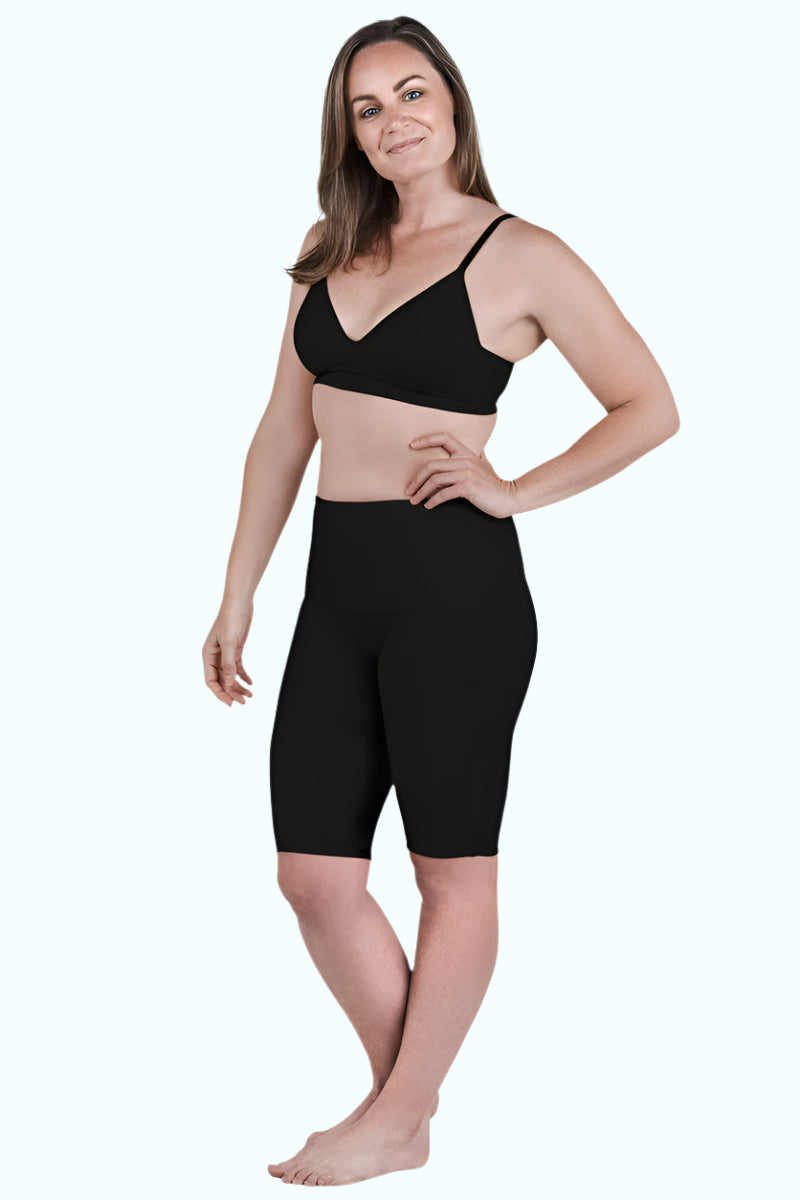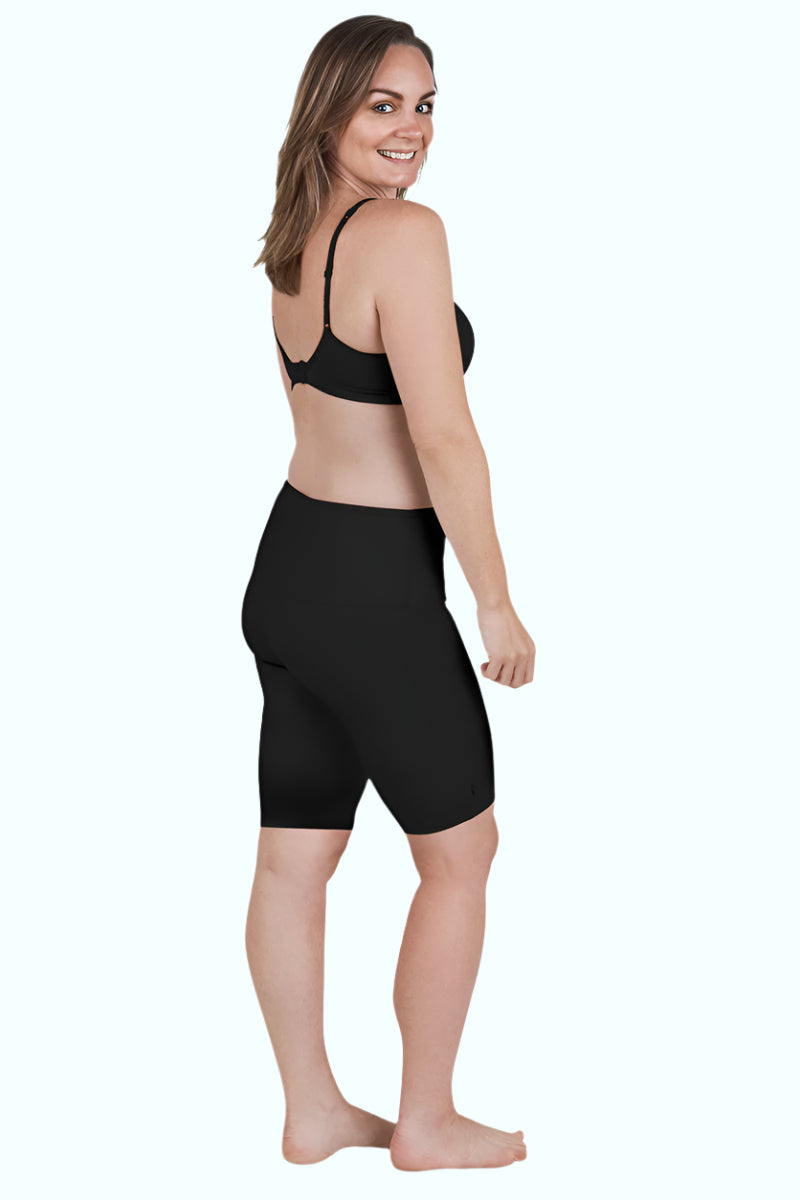Pickles at breakfast? Ice cream with hot chips? You’re not alone. Pregnancy cravings are one of the most recognisable and sometimes strangest parts of pregnancy. They can range from the classic “must-have chocolate” to combinations that make everyone else raise an eyebrow.
Pregnancy cravings are defined as a strong desire to eat a particular food (or combination) during pregnancy. Most are harmless, sometimes helpful, and almost always entertaining.
Why Do Pregnancy Cravings Happen?
There’s no single proven cause of pregnancy cravings. They likely stem from a mix of hormonal, sensory, nutritional, and emotional factors working together. Here’s what researchers and clinicians suggest may play a role:
-
Hormonal changes: Fluctuations in oestrogen and progesterone can heighten your sense of smell and taste, change appetite signals, and even influence mood, all of which can steer food preferences. [1]
-
Nutrient deficiencies: Some cravings may reflect what your body’s running low on, such as iron (red meat cravings) or calcium (dairy). However, not all cravings correspond to deficiencies. Sometimes chocolate really is just chocolate.
-
Sensory changes: Pregnancy heightens senses. Foods that once seemed bland may suddenly smell irresistible; others may trigger nausea. You can read all about Morning Sickness and Nausea in our blog Morning Sickness Relief.
-
Psychological and cultural factors: Food brings comfort. Craving childhood favourites or regional staples can help you feel grounded when your body and routine are shifting.
And in case you’re wondering, there’s no evidence that pregnancy cravings predict your baby’s sex or personality. [2] Sorry to those banking on salty snacks meaning “boy.”
When Do Pregnancy Cravings Start and How Long Do They Last?
Most women notice pregnancy cravings starting in the first trimester, often around week 5 or 6, when hormones surge and morning sickness kicks in.
Cravings usually peak in the second trimester, once nausea eases and appetite returns, then taper off later in pregnancy as the baby grows and stomach space shrinks. [3] Some fade after birth; others become lifelong comfort foods.
What are the Most Common Pregnancy Cravings?
Cravings vary by culture and diet, but certain foods pop up again and again. Here are the most common pregnancy cravings and what they might say about what your body needs.
Meat, Eggs, or Other Proteins
Protein cravings may reflect increased needs for iron, zinc, or amino acids that support your baby’s growth. Many pregnant women report suddenly wanting steak, eggs, or even beef jerky.
Dairy
Milk, yoghurt, or cheese cravings are common, possibly linked to higher calcium and vitamin D requirements. Choose pasteurised varieties for safety.
Fruits and Vegetables
Fresh, juicy produce like oranges, watermelon, or carrots often appeals in early pregnancy. These provide hydration, vitamin C, and fibre, so this is one craving worth indulging.
Cereal, Wheat, or Other Forms of Gluten
Toast, crackers, or cereal can be gentle on a queasy stomach and help stabilise blood sugar levels.
Peanut Butter
Rich in protein and healthy fats, peanut butter hits both savoury and sweet notes. Just check it’s 100% peanuts with no added sugar or salt.
Spicy Foods
Many expectant mums develop a taste for heat. Capsaicin, found in chilli, may temporarily boost metabolism and clear congestion. Moderate spice is safe, though extreme heat can irritate reflux-prone stomachs. [4]
What Counts as “Weird” Pregnancy Cravings and Is That Normal?
Some cravings sound more like a dare than a meal: pickles dipped in ice cream, cheese with jam, or watermelon sprinkled with chilli flakes.
These weird pregnancy cravings are completely normal. They often combine salty, sweet, and sour flavours in surprising ways because pregnancy alters how your brain interprets taste and smell.
As long as it’s real food and prepared safely, there’s no harm in indulging yourself and enjoying your pregnancy.
What Happens if You Ignore Pregnancy Cravings?
Ignoring cravings usually isn’t harmful, but extreme restriction can lead to frustration and overeating later. When a craving hits, ask yourself: Is my body hungry or my mind looking for comfort?
Satisfy your pregnancy food cravings in a balanced way; a few squares of chocolate instead of the whole block, or a small burger instead of ordering something that resembles a menu item from a hospital-themed “Heart Attack Grill” outlet.
Are Food Cravings Bad for You and Your Baby?
Most food cravings are harmless. The key is balance. Lean into nutrient-dense options most of the time, and treat yourself occasionally. Over-reliance on ultra-processed or sugary foods can affect blood sugar control and lead to weight gain, so aim for moderation. [5]
Cravings can even be useful; they remind you to tune into your body’s changing needs rather than fight them.
What are Some Quick and Nutritional Snack Ideas that Satisfy Pregnancy Cravings
Cravings don’t have to derail healthy eating. Here are quick, satisfying ideas that blend nutrition and taste.
For Sweet Cravings
-
Frozen banana slices dipped in yoghurt
-
Apple wedges with cinnamon and peanut butter
-
Greek yoghurt with berries and a drizzle of honey
For Salty Cravings
-
Whole-grain crackers with cheese or hummus
-
Oven-baked sweet-potato chips with sea salt
-
Popcorn lightly tossed with olive oil and herbs
For Dairy or Creamy Cravings
-
Smoothies with milk, yoghurt, and fruit
-
Avocado mashed on toast with lemon
-
Cottage cheese with a pineapple or tomato slice
For Carb or Comfort Cravings
-
Warm porridge topped with nuts or fruit
-
Brown-rice sushi rolls with vegetables
-
A small bowl of pasta with tomato sauce and spinach
These deliver both satisfaction and nutrients your body can use.
What Foods Should You Avoid While Pregnant?
Even strong cravings shouldn’t override safety. [6] Avoid:
-
Unpasteurised milk or soft cheeses (like brie, camembert, blue cheese)
-
Raw or undercooked eggs, fish, or meat - so no more rare or medium rare steaks
-
Homemade mayonnaise
-
Raw cookie dough
-
Soft-boiled or sunny-side-up eggs
-
High-mercury fish such as shark, swordfish, or marlin
-
Deli meats or pâtés unless heated thoroughly
-
Pineapple, as it contains bromelain, an enzyme that can soften the cervix and cause early contractions. Consuming ripe pineapple in small amounts is generally safe; excessive intake, especially in the early stages of pregnancy, can increase the risks of miscarriage.
-
Alcohol and excessive caffeine (limit to 200 mg per day)
What is Pica in Pregnancy?
Pica refers to craving or eating non-food items, such as ice, clay, dirt, paper, or chalk. It’s uncommon but more likely during pregnancy, especially if there’s an underlying iron or zinc deficiency.
Pica cravings can range from mildly odd (chewing ice) to concerning (eating soil or soap). These substances can contain harmful bacteria, parasites, or toxins. If you find yourself drawn to non-food items, speak to your doctor or midwife. Blood tests can identify treatable deficiencies.
When Should You Speak to Your Doctor or Midwife about Cravings?
It’s time to check in with your healthcare provider if:
-
Cravings involve non-food substances (possible pica)
-
You’re struggling to manage excessive weight gain or loss
-
You experience intense aversions that limit food groups
-
Cravings are accompanied by fatigue or dizziness
Your care team can help you balance your diet and check for any nutritional deficiencies.
FAQs
1. Do cravings mean my body needs a specific nutrient?
Sometimes, but not always. A desire for meat might reflect low iron, while sweet cravings often relate to blood-sugar fluctuations. Cravings can also be emotional or sensory.
2. Can cravings predict my baby’s sex?
No scientific link exists between specific cravings and baby gender [2]. Enjoy the food; the surprise will come later.
3. What are some healthy pregnancy snacks?
Healthy pregnancy snacks include a combination of fruits and vegetables, dairy, nuts, and whole grains to provide essential nutrients like fibre, protein, calcium, and vitamins. See our Healthy Pregnancy Snacks guide for practical, nutrient-dense ideas that still hit the spot.
4. Are spicy foods okay during pregnancy?
Yes, in moderation. Spicy foods are safe for most women, though they may worsen heartburn or nausea.
5. Is it safe to eat sweets or salty snacks during pregnancy?
Occasionally, yes. The goal is moderation. Balance treats with whole foods and plenty of water.
6. How can I satisfy cravings without overeating?
Pair treats with protein or fibre (like chocolate-covered nuts or fruit with yoghurt) to feel fuller for longer. Small portions often do the trick.
7. Why do cravings sometimes change during pregnancy?
Shifting hormones and nutrient needs can make certain tastes more or less appealing as pregnancy progresses.
References:













